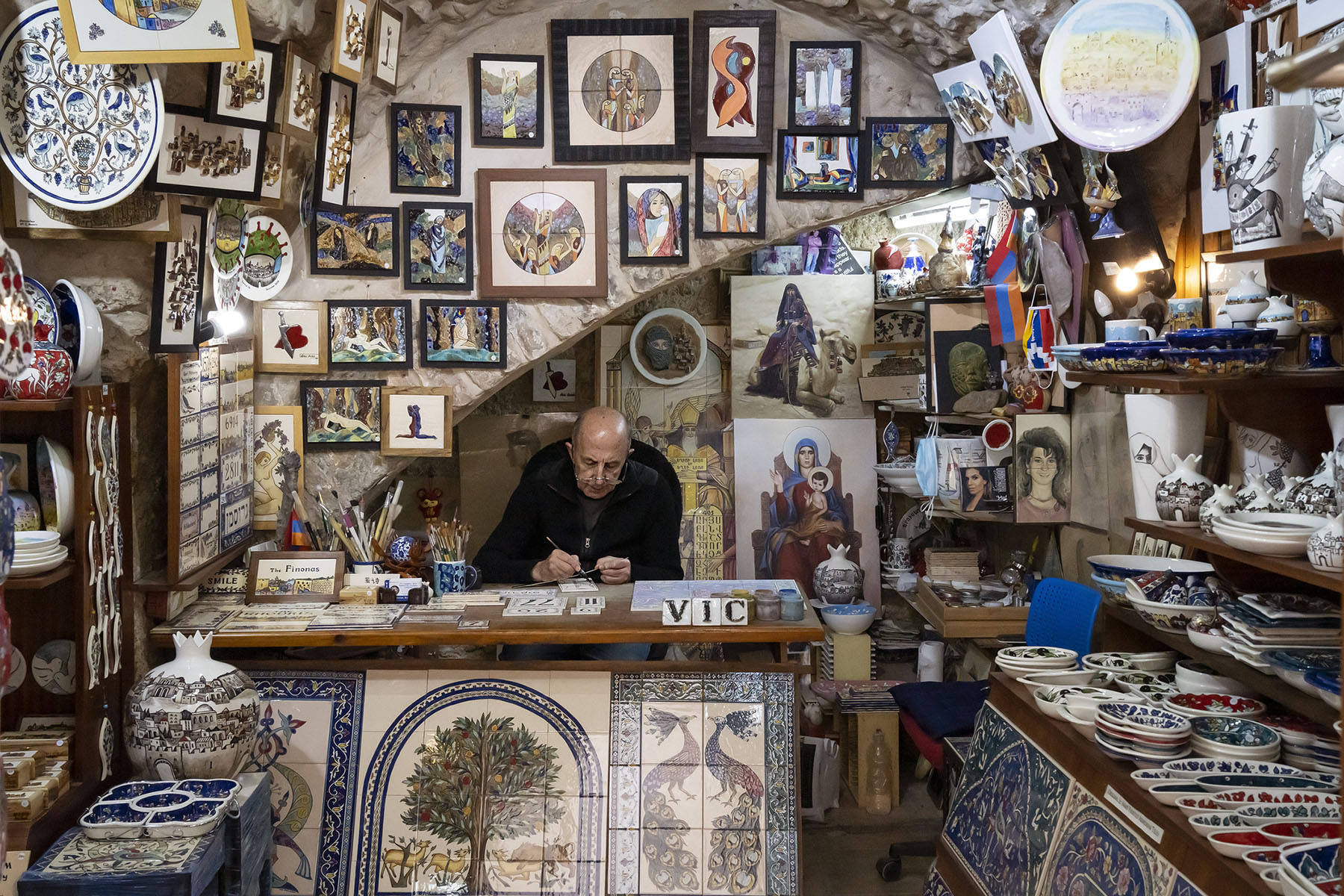
A new book examines the history of colonization and the ongoing parallels between the conflicts in Artsakh and...
19 SEPTEMBER 2025 • By Gabriel Polley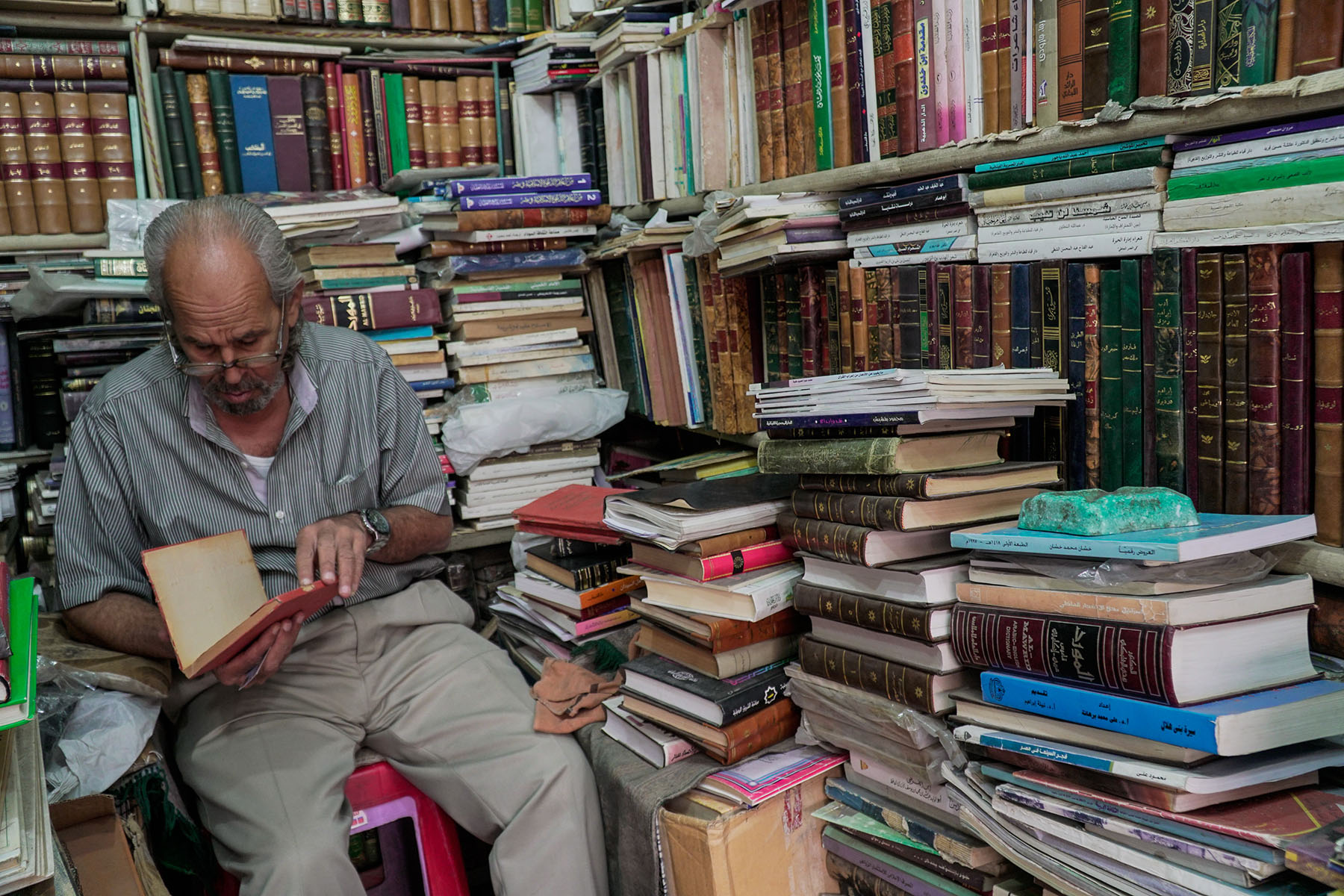
The Orchards of Basra weaves together elements of dreams, memory, and forgotten philosophy, insisting that some stories cannot...
12 SEPTEMBER 2025 • By Jacob Wirtschafter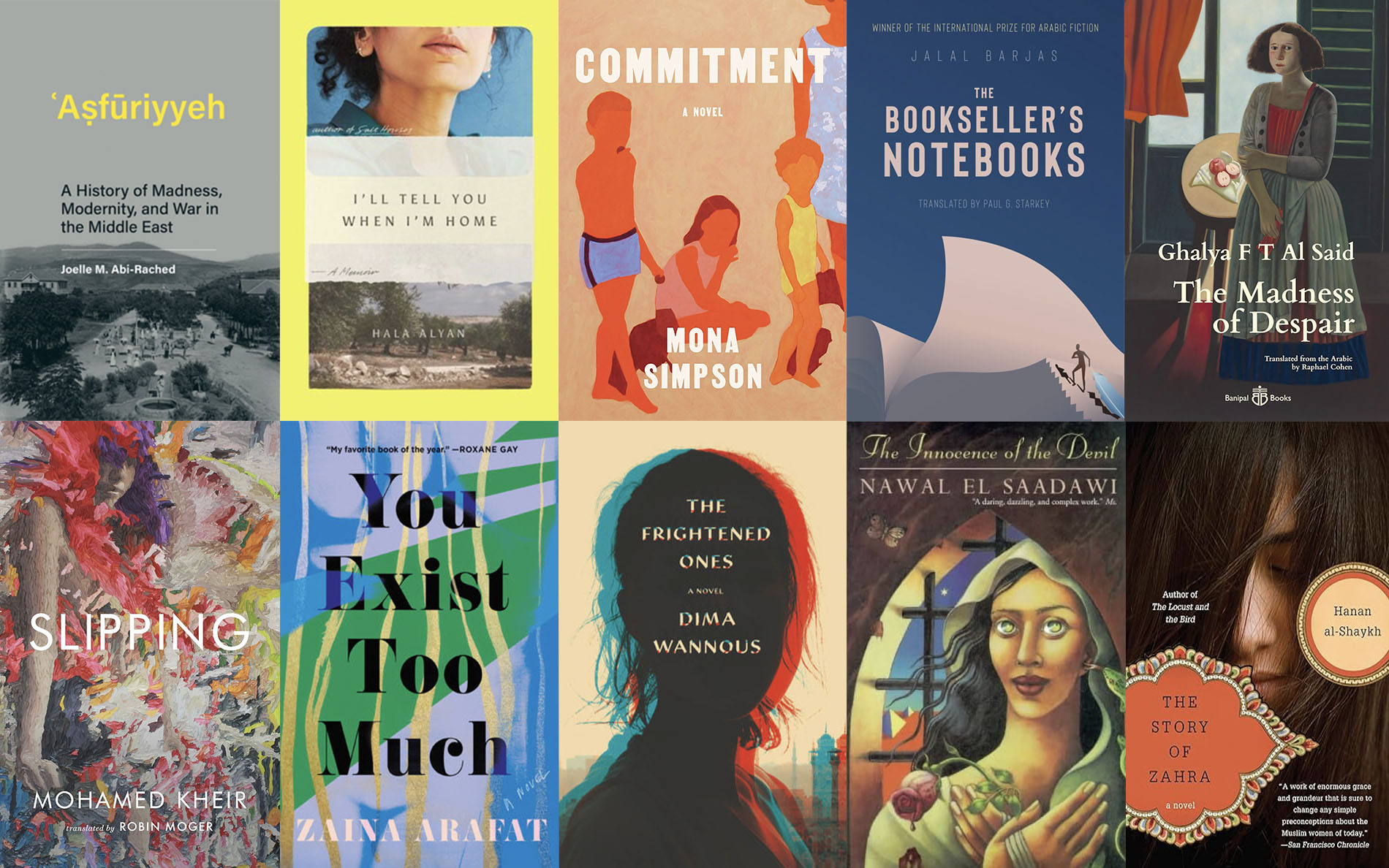
A curated collection of fiction and non-fiction exploring the ways political and social unrest impacts mental health in...
5 SEPTEMBER 2025 • By Rana Asfour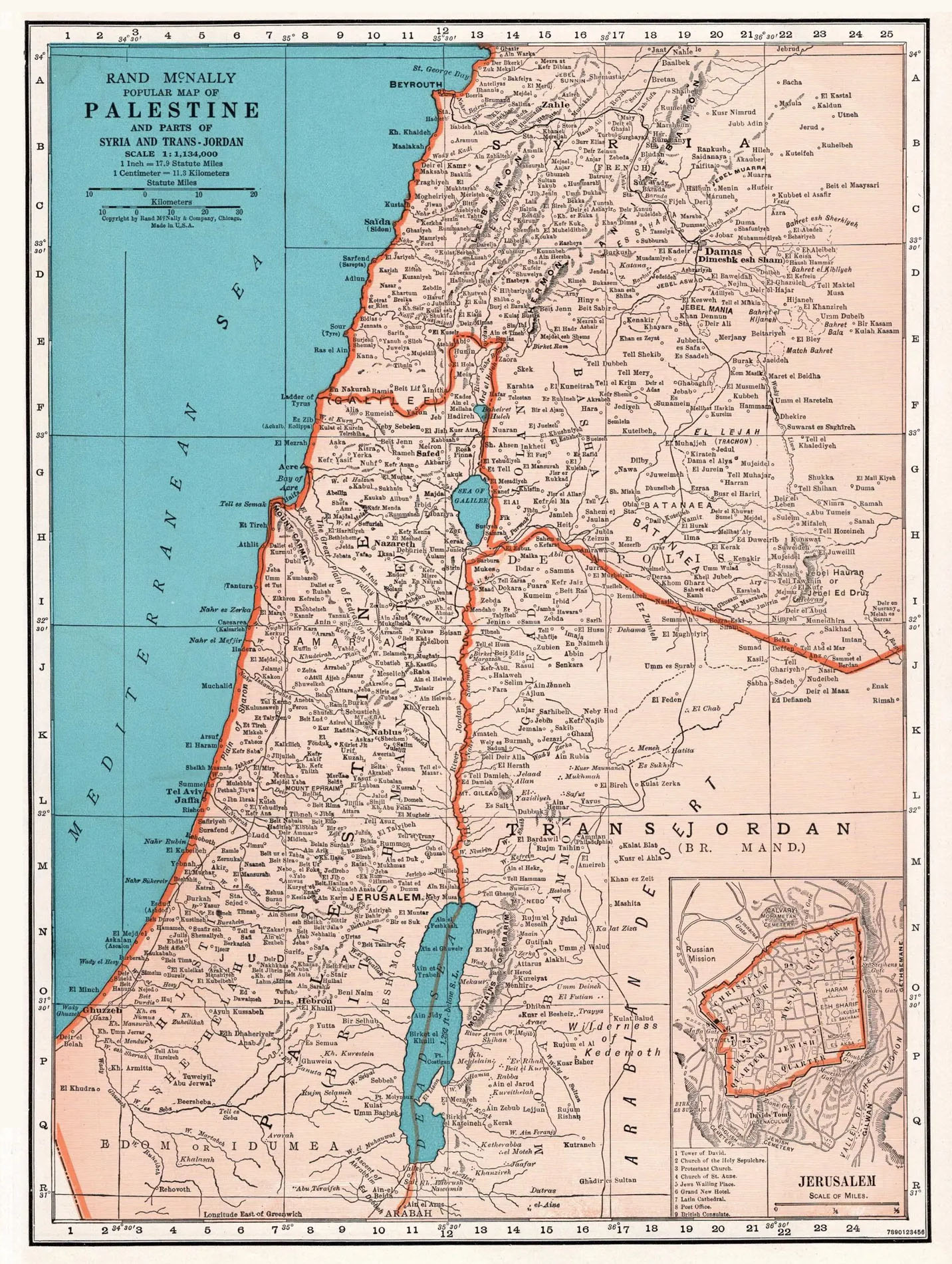
Maps are narratives of the past, present, and future, powerful chronicles of presence and absence, ownership and theft,...
29 AUGUST 2025 • By Mai Al-Nakib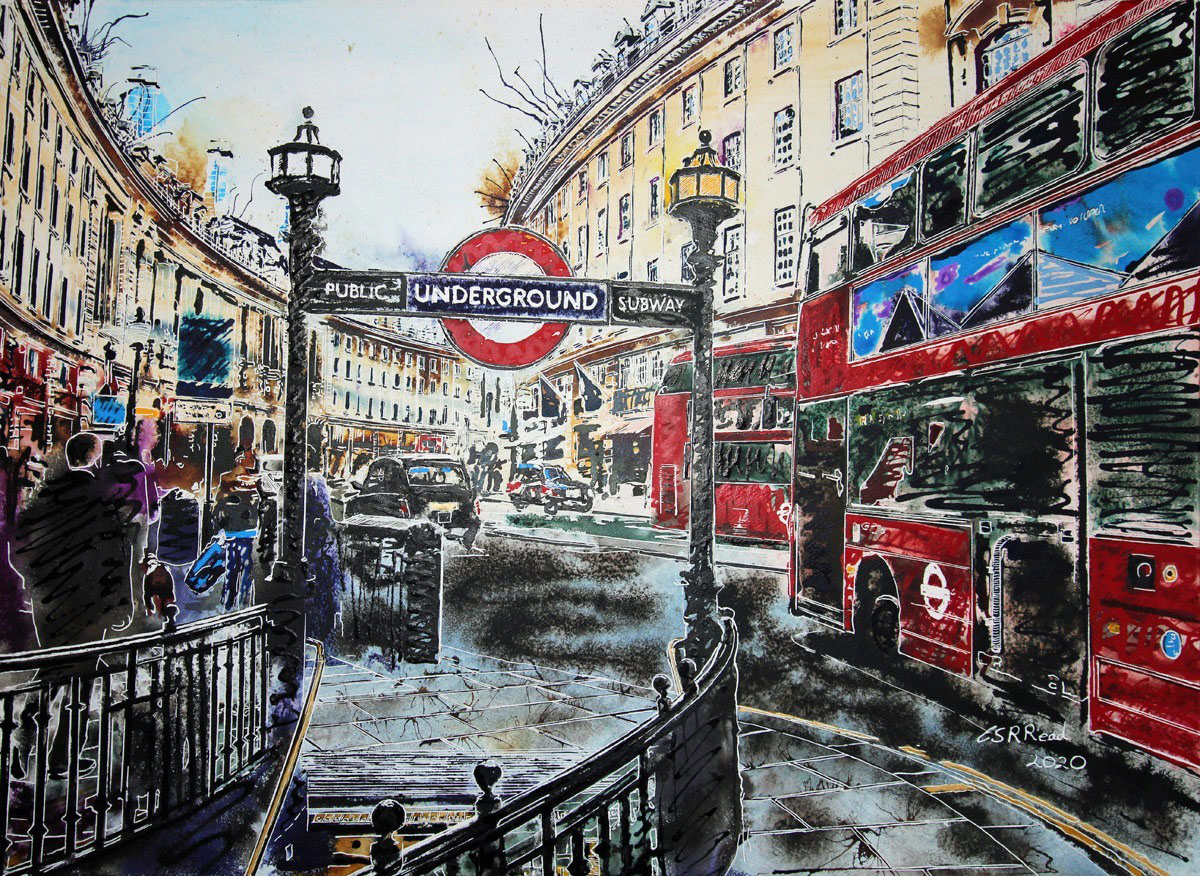
Shady Lewis' new novel skewers British bureaucracy while exploring the immigrant experience with black humor and surreal situations.
15 AUGUST 2025 • By Valeria Berghinz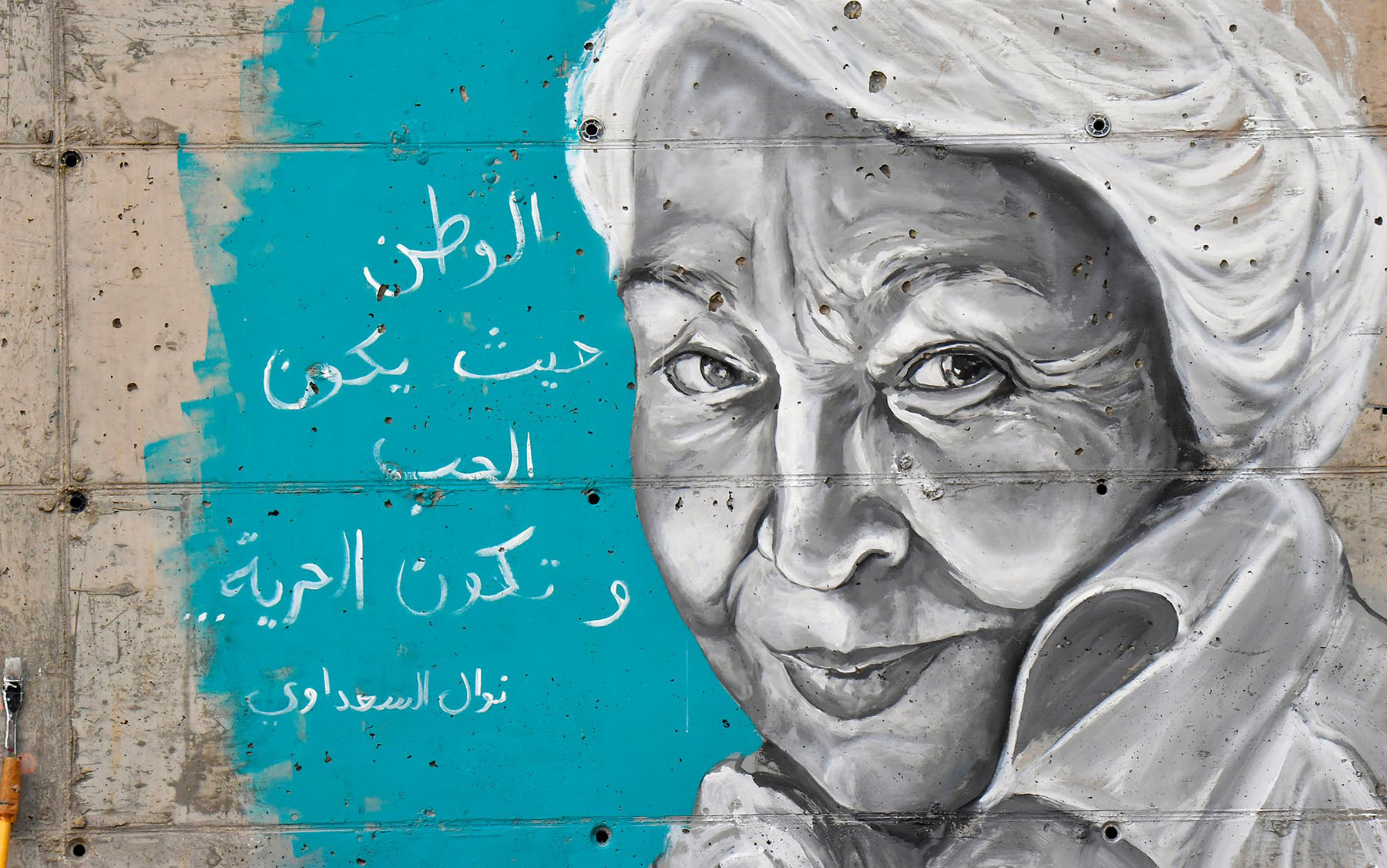
The long history of Egyptian women's activism created the intellectual and political background for revolution.
8 AUGUST 2025 • By Jasmin Attia
A novel that explores taboo subjects with exceptional craftsmanship, while reconstructing the “self” from pain and fragmented identities.
8 AUGUST 2025 • By Ahmed Naji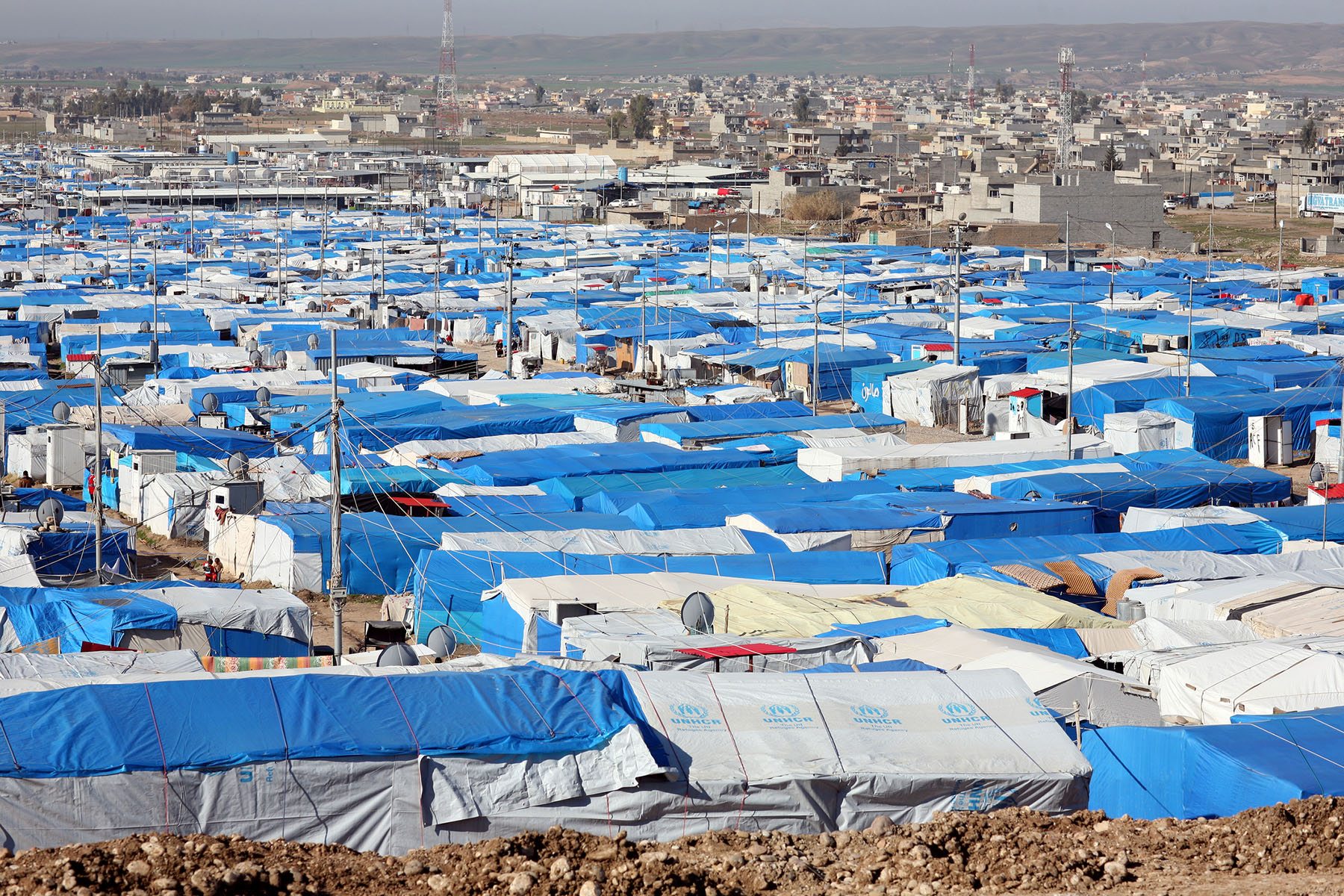
Matt Broomfield's new book explores the history of the Rojava revolution in Syrian Kurdistan as a model for...
11 JULY 2025 • By Arie Amaya-Akkermans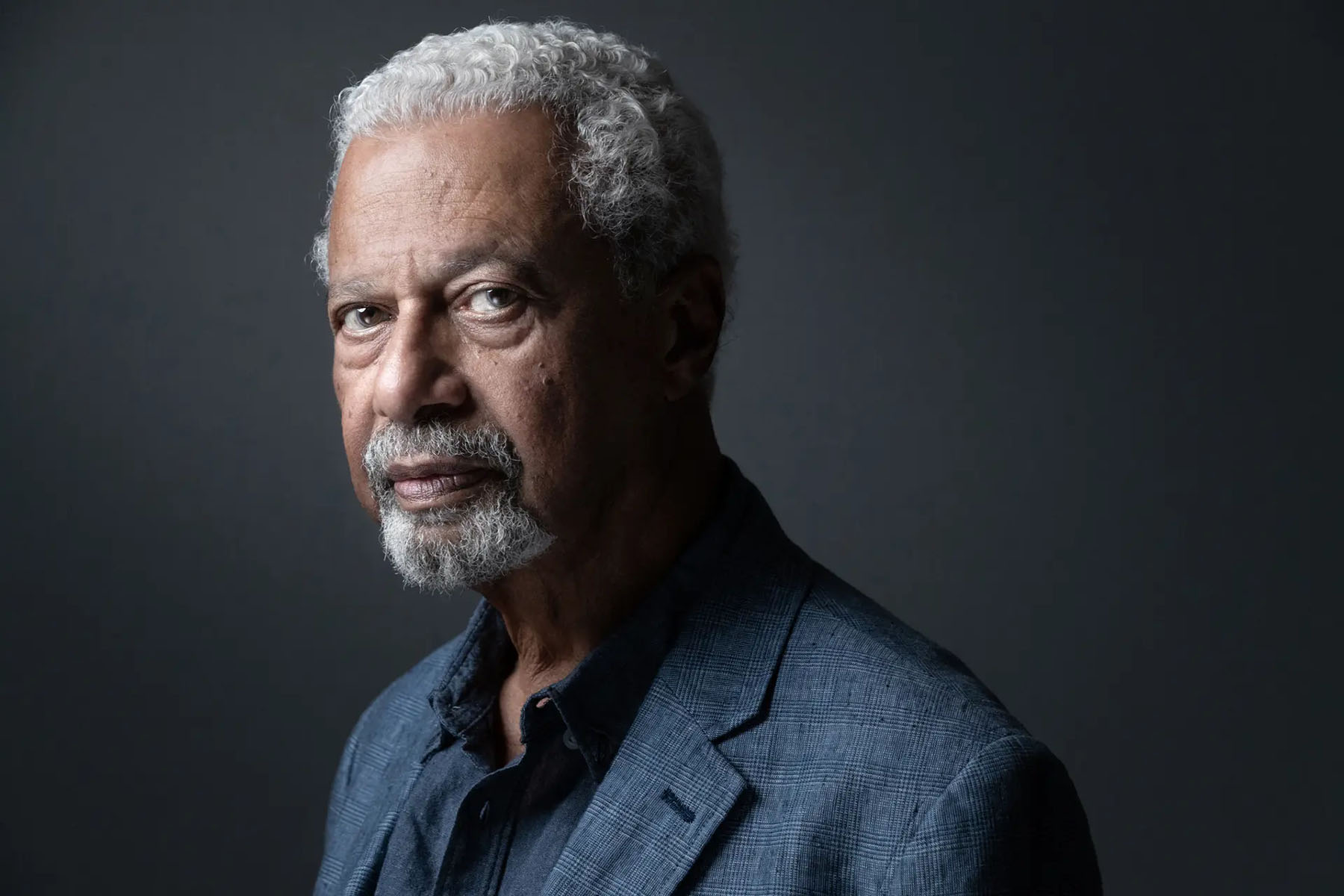
Gurnah's new novel, "Theft," is a post-colonial exploration of Tanzania, immigration, and the relationship between Africa and the...
9 JULY 2025 • By Philip Grant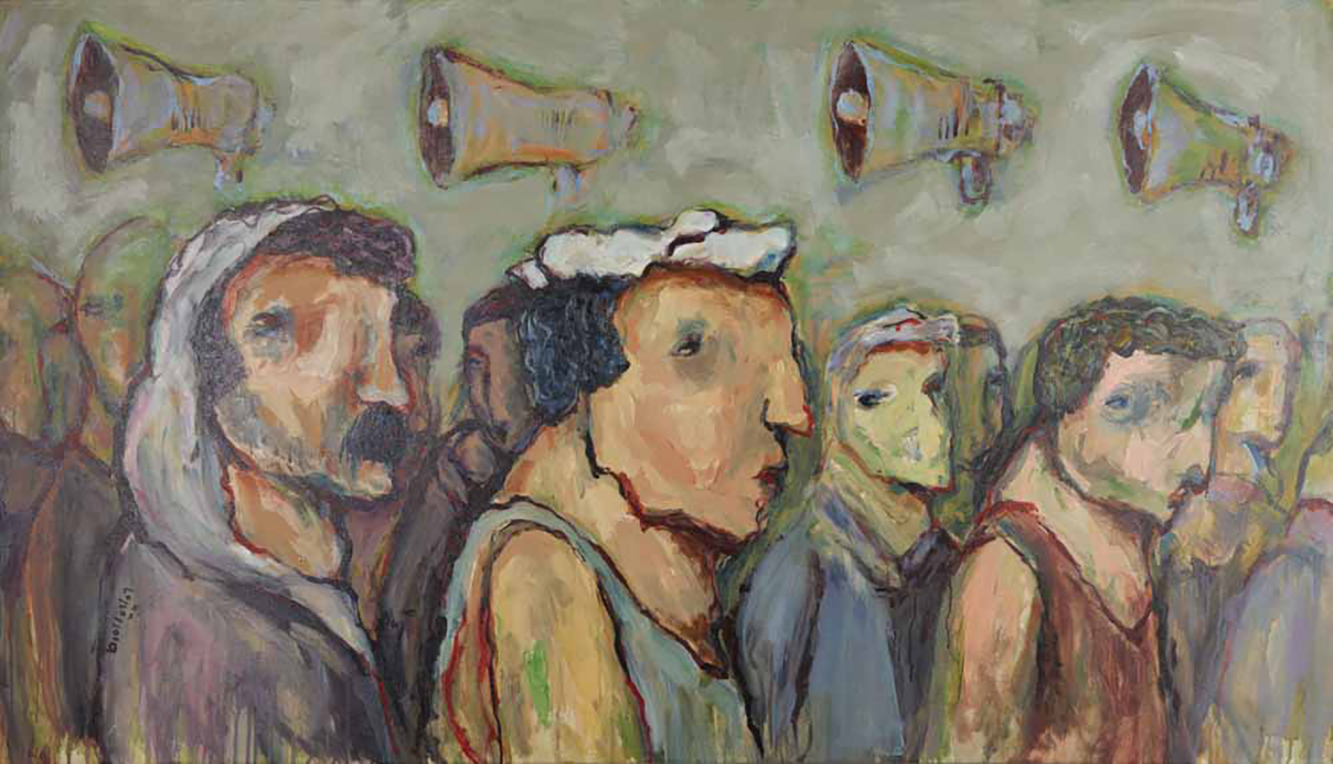
"Voices of Resistance" stands as a vital work of testimonial literature that refuses to be forgotten, writes Francesca...
4 JULY 2025 • By Francesca Vawdrey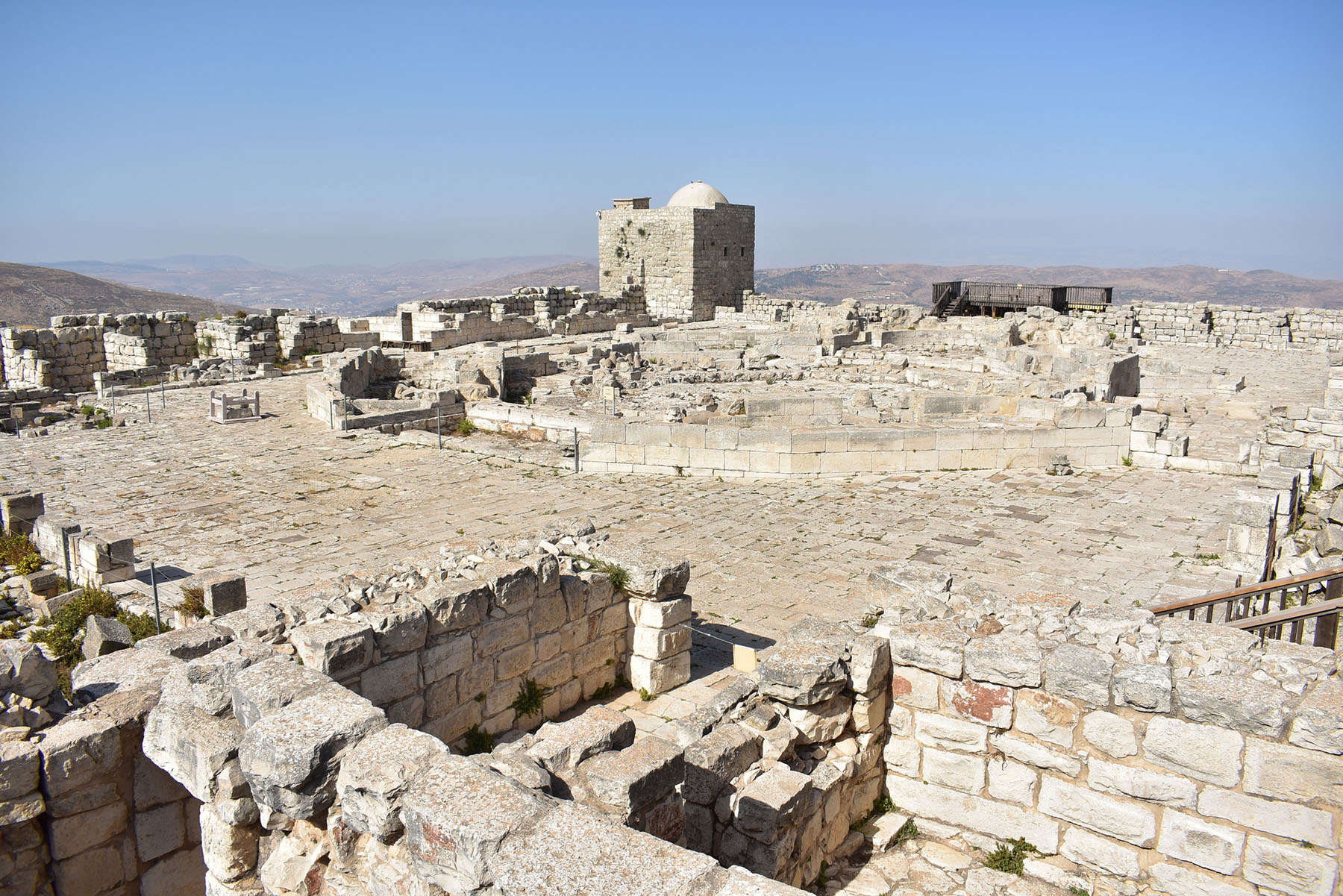
Forgotten offers a profound meditation on the Palestinian landscape, on loss, neglect and the ravages of time.
4 JULY 2025 • By Gabriel Polley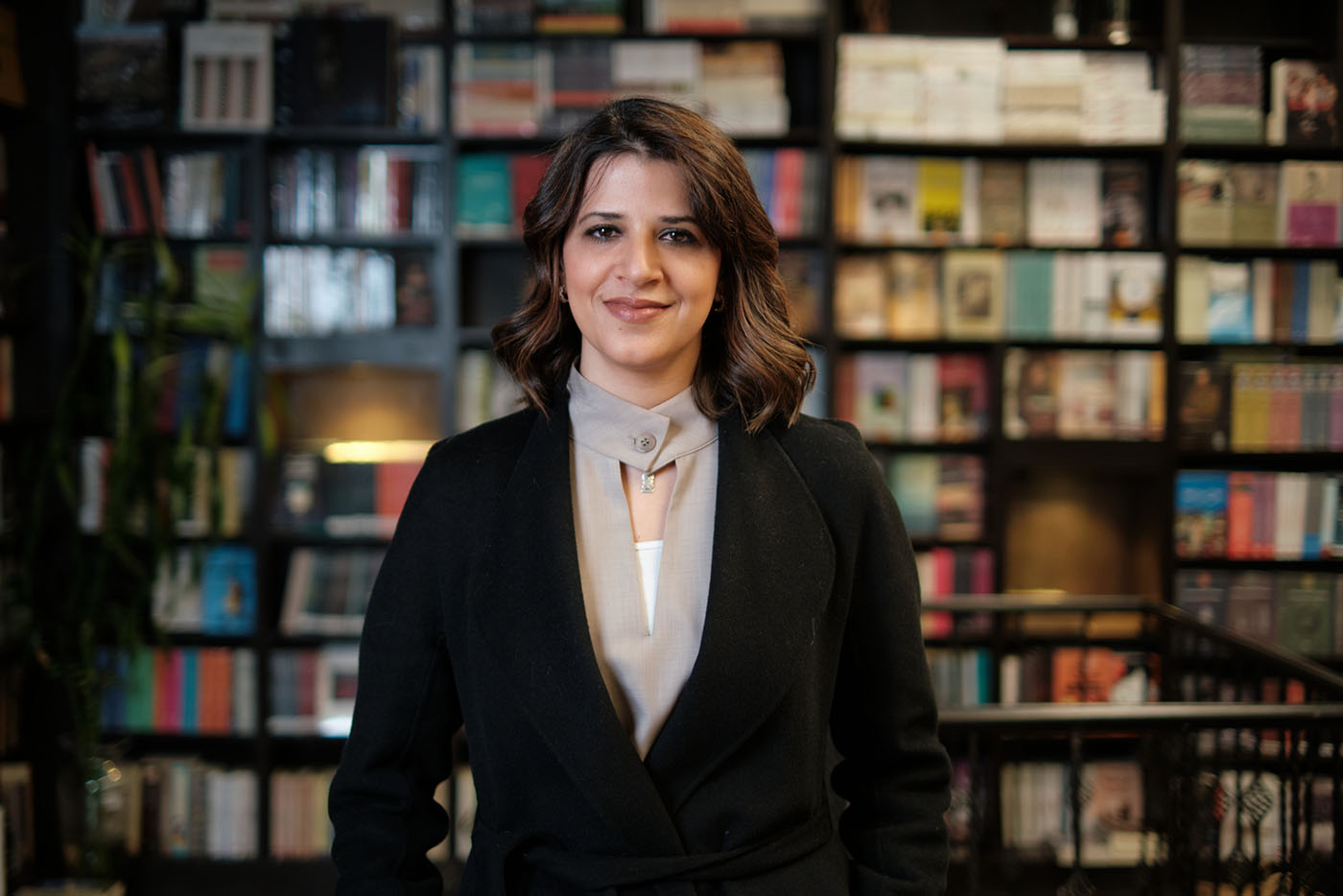
A tale set in the near-future exploring the world of banned books, repressed imaginations, dreams, and desires.
4 JULY 2025 • By Rana Asfour